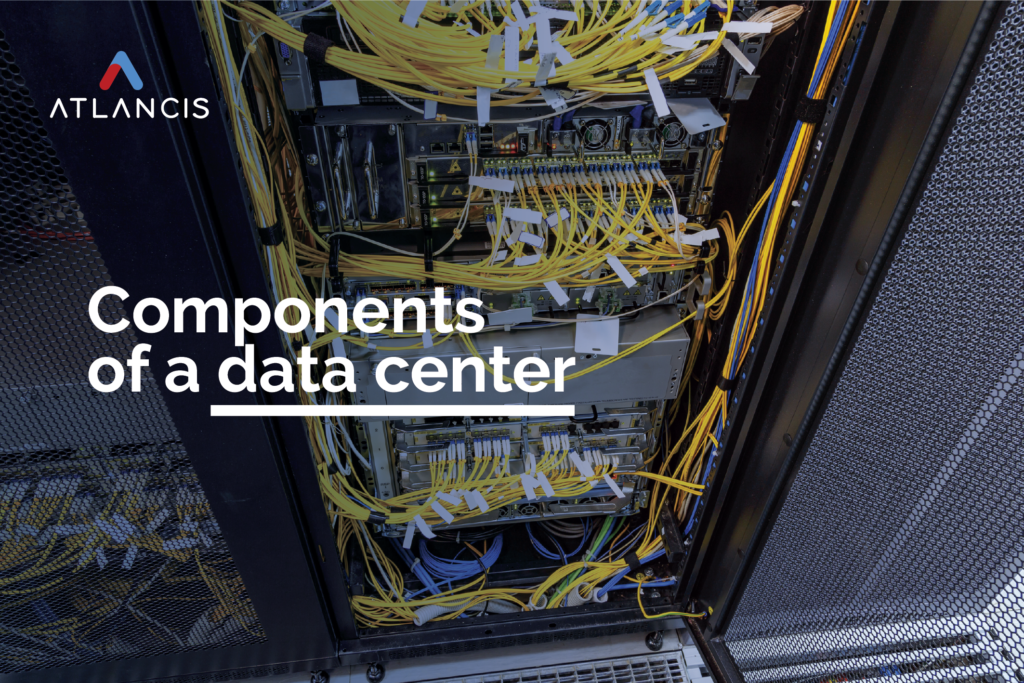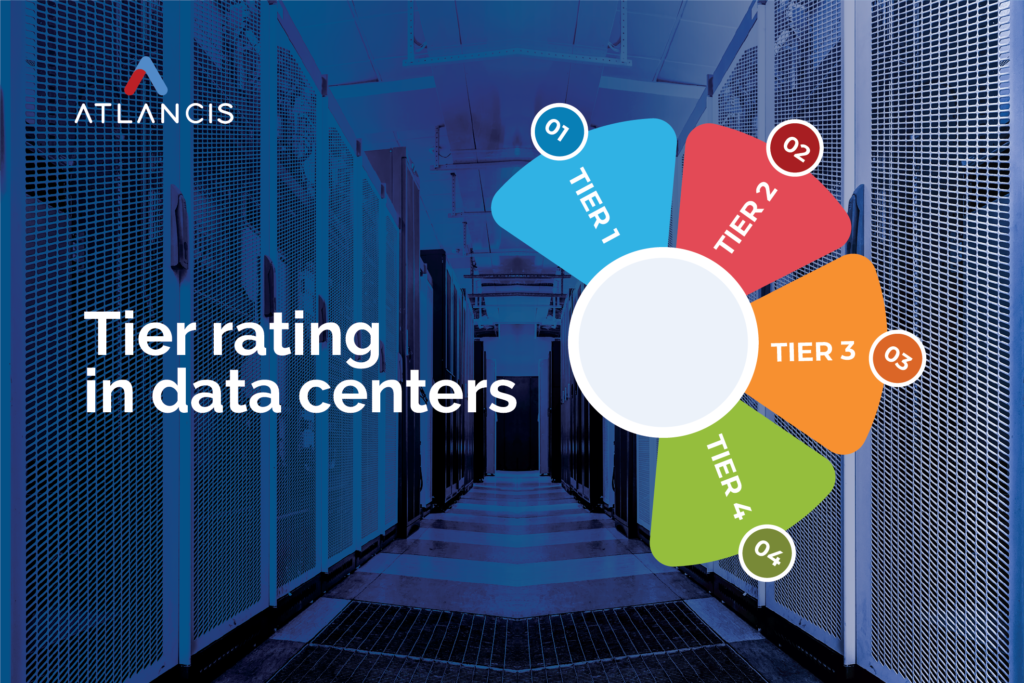Do you have an overview of data centers in Kenya and how they help business enterprises?
Do you know the amount of data created, recorded, and utilized globally?
According to Statista, in the year 2020, data created and consumed summed to 64.2 zettabytes. Over the next 3-4 years. It’s anticipated that the data created and consumed will grow to almost 180 zettabytes.
From 64.2 zettabytes to 180 zettabytes, are you thinking about what we are bringing out?
Building or upgrading data centers requires resources from planning, management, and deployment. Therefore, every organization is looking forward to reducing costs, mitigating risks, and increasing efficiency by partnering with innovative data center service providers.
Based on the laws of supply and demand, when we create and capture more data there is an equal need to process and make this data sensible. The core role of data centers in Kenya is to provide support to essential business applications and workload for business continuity.
What are data centers?
Data centers are physical facilities composed of interconnected computer networks, storage systems, and infrastructure for computing to allow organizations to store, process, retrieve and distribute large amounts of data and maintain applications with minimum latency.
What’s in the data centers?
A data center consists of cutting-edge computing equipment like servers, hard drives, networking cables, power supplies systems, communication systems, environmental and security controls infrastructures.
If you have ever been to a data center, you will realize that there are a lot of connections looking like a matrix. The arrangement of servers and cooling systems would probably look like a mainframe. Data centers guarantee business applications and workloads optimal uptime 24/7 since it operates automatically.

What are the purposes of data centers?
- The network infrastructure provides critical connections for both virtual and physical servers in the provisioning of data center services like storage to end-users.
- The storage infrastructure holds data and application workloads – crucial commodities for the data centers.
- The computing resources act as the engine to provide compute memory, processing, storage, and connectivity to meet end-user needs on data and applications.
What are the different types of data centers in Kenya?
Provided that there are different business models with different needs serving diverse customers. There are different types of data centers to cater to all business models, let’s break them down for you.
- The enterprise data center
This type of data center is fully owned and managed by a single company to serve the data and application workload needs of end-users. They are located on the company premises with centralized support and other amenities.
- The managed data center
This type of data center is managed and owned by a third party and they provide data center services to other companies in exchange for payments. It allows the company to lease data center services instead of buying the IT infrastructures.
- The collocation data center
With this type of data center, companies can rent space within a data center service provider, specifically offsite. However, the company operates its IT infrastructures compared to the managed data center where the management is done by a third party.
- The cloud data center
With this type of data center, the company set’s up a virtual data center in the cloud via a third-party cloud computing provider. It works like a collocation data center, but the company enjoys advanced services rather than managing the rented IT infrastructures.
Tier ratings in data centers
To determine the reliability and uptime of data centers, tier ratings are utilized. Let’s have a look;

- Tier 1
It contains single path power and cooling system with few redundant and backup infrastructure. The reliability and uptime for Tier 1 data center is 99.671%.
- Tier 2
Tier 2 data center also has single path power and cooling infrastructure with some redundant and backup infrastructures. It has a reliability and uptime of 99.741%.
- Tier 3
This type of data center has multiple power and cooling systems with enough redundant and backup infrastructures. Tier 3 data center has reliability and uptime of 99.982%
- Tier 4
Tier 4 data center is completely tolerant with redundancy infrastructure on each component. It has a reliability and uptime of 99.995%.
What are the factors to consider when choosing data centers?
- The geographic location of the data center
- The connectivity, bandwidth, and network reliability of the data center.
- Cost of utilities provided by data center service providers
- On-site security standards of the data center service providers
- Power redundancy to cater for reliability and uptime of data center
- Availability of telecommunication and computing infrastructure for scalability and performance
- Accessibility and quality of services offered by the data center service providers
Bottom Line
Now you know more about data centers in Kenya and the role they play in handling large volumes of data and application workload traffic from end-users. It enhances the reliability and uptime of your business data and applications 24/7.
For all these hyper scalable and flexible data center solutions, look no further than Atlancis Technologies. Book sessions and ask more questions on how data centers can be a cutting-edge solution for your business.



